We’re excited to introduce you to the always interesting and insightful Cintia De Mita. We hope you’ll enjoy our conversation with Cintia below.
Cintia, thanks for joining us, excited to have you contributing your stories and insights. How did you learn to do what you do? Knowing what you know now, what could you have done to speed up your learning process? What skills do you think were most essential? What obstacles stood in the way of learning more?
Let me start by saying that I believe everyone is born with creativity. Some creative skills you have naturally, some you learn, but both need to be developed. I learned to do what I do by observing how others do it, creating my own projects, and taking classes. I’m not sure learning a craft is something that can be sped up because it does take time. Also, my craft and I are ever changing, so there’s always more to learn. The skill I think is most important is communicating. For something I’ve envisioned in my head to get to be a finished product, I need to know how to efficiently communicate what I need to people with various expertise and personalities, who are helping me make that vision come alive. As for your last question, I think ego once stalled my creative growth because it made me feel like I knew everything. But had I not gone through that phase in life, I wouldn’t have learned that I was completely wrong and grown as a person.
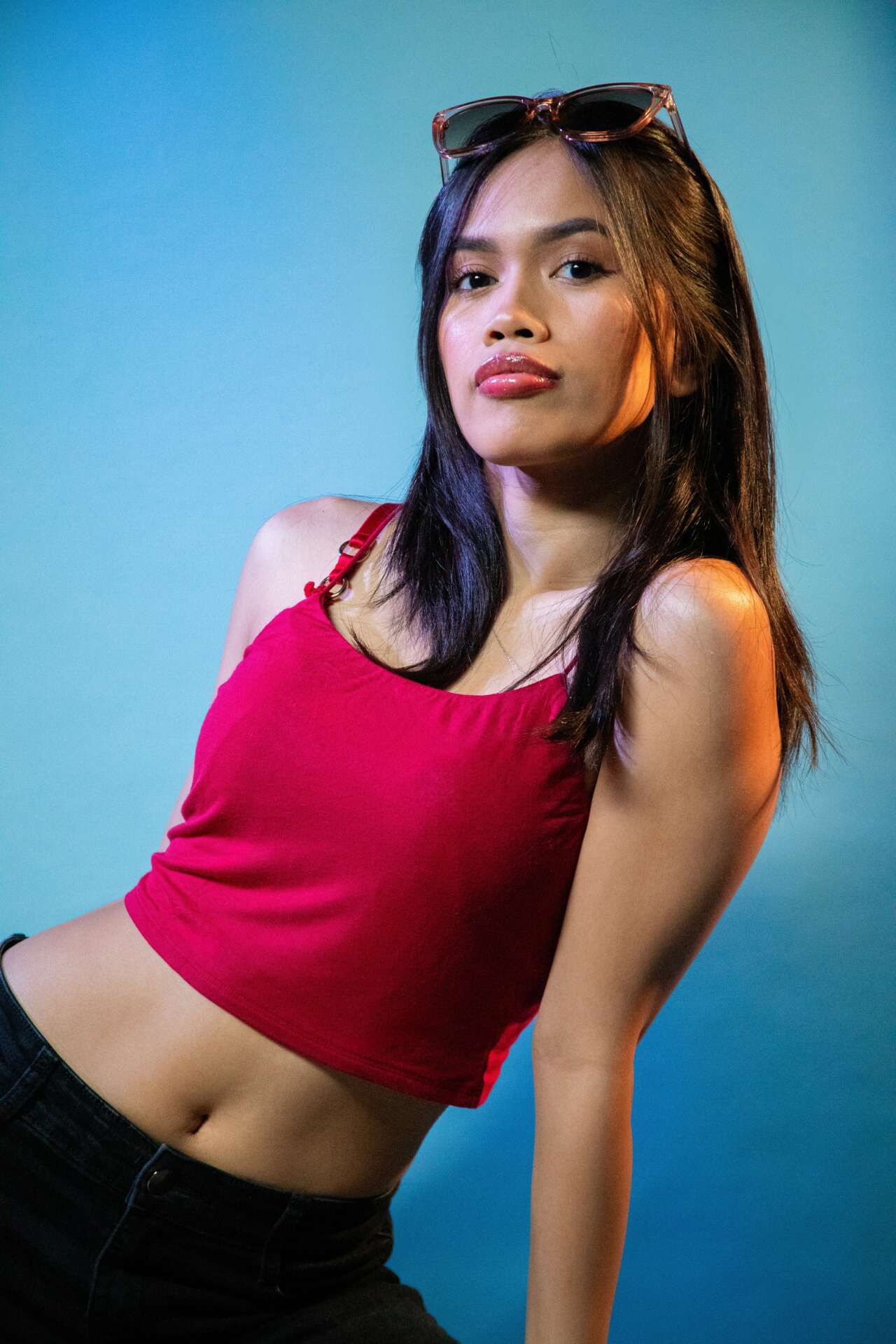
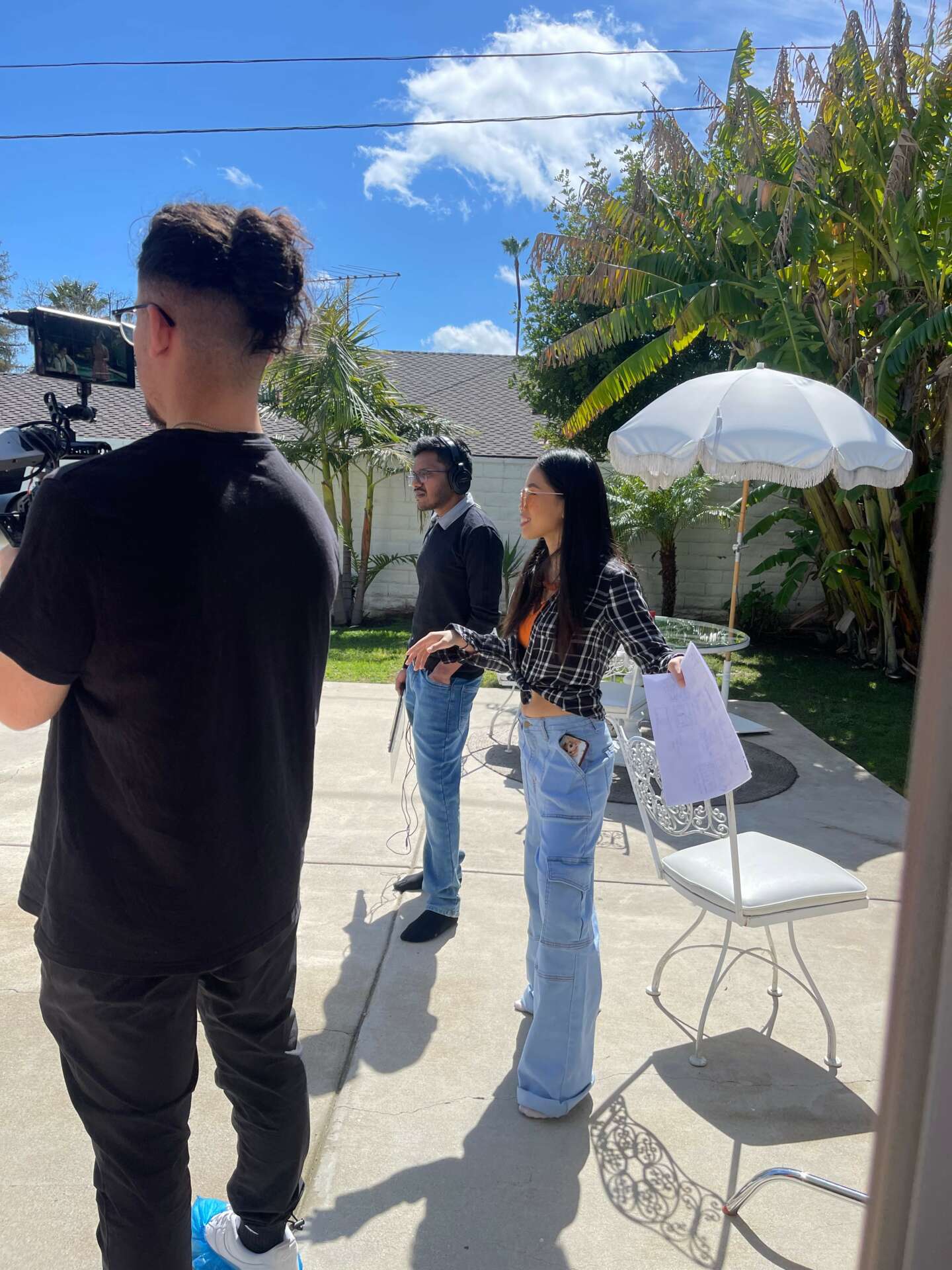
Awesome – so before we get into the rest of our questions, can you briefly introduce yourself to our readers.
I am a film director and choreographer, but I didn’t arrive at this career choice until 2020 when the world shut down and I was forced to really think about what I wanted. Before this, I had attempted to become a professional singer-songwriter and then a dancer, but I realized neither of those things were for me. How did I know that? Other than the often accurate “gut feeling”, I simply didn’t enjoy the struggles that came along with those careers. With directing and choreographing? I want the whole package: the highs, and lows. I also teach dance and filmmaking to those under 17. I think it’s important for kids and teens to embrace, explore, and expand their creativity and not let the world stifle it –because it will try to.
Anyways, I guess the way I got to my career boils down to me being honest with myself about what works and what doesn’t. Sounds easy enough, but self-awareness was something that took me a while to develop. As for choosing a creative career in general, it helped that my parents always encouraged my sisters and I to be creative through music, drawing, dancing, writing, and more. I never thought of pursuing anything other than a creative career because I loved living in creativity, and I researched careers of artists I looked up to and saw that it could work.
On a deeper level, I believe God called me to tell stories that make people laugh, cry, feel seen, heard, and at home. I want to create movies that people grow up with and come back to when life gets tough. I want to create art that makes people feel God’s love. That’s what I (hopefully) am doing now and will continue striving to do.
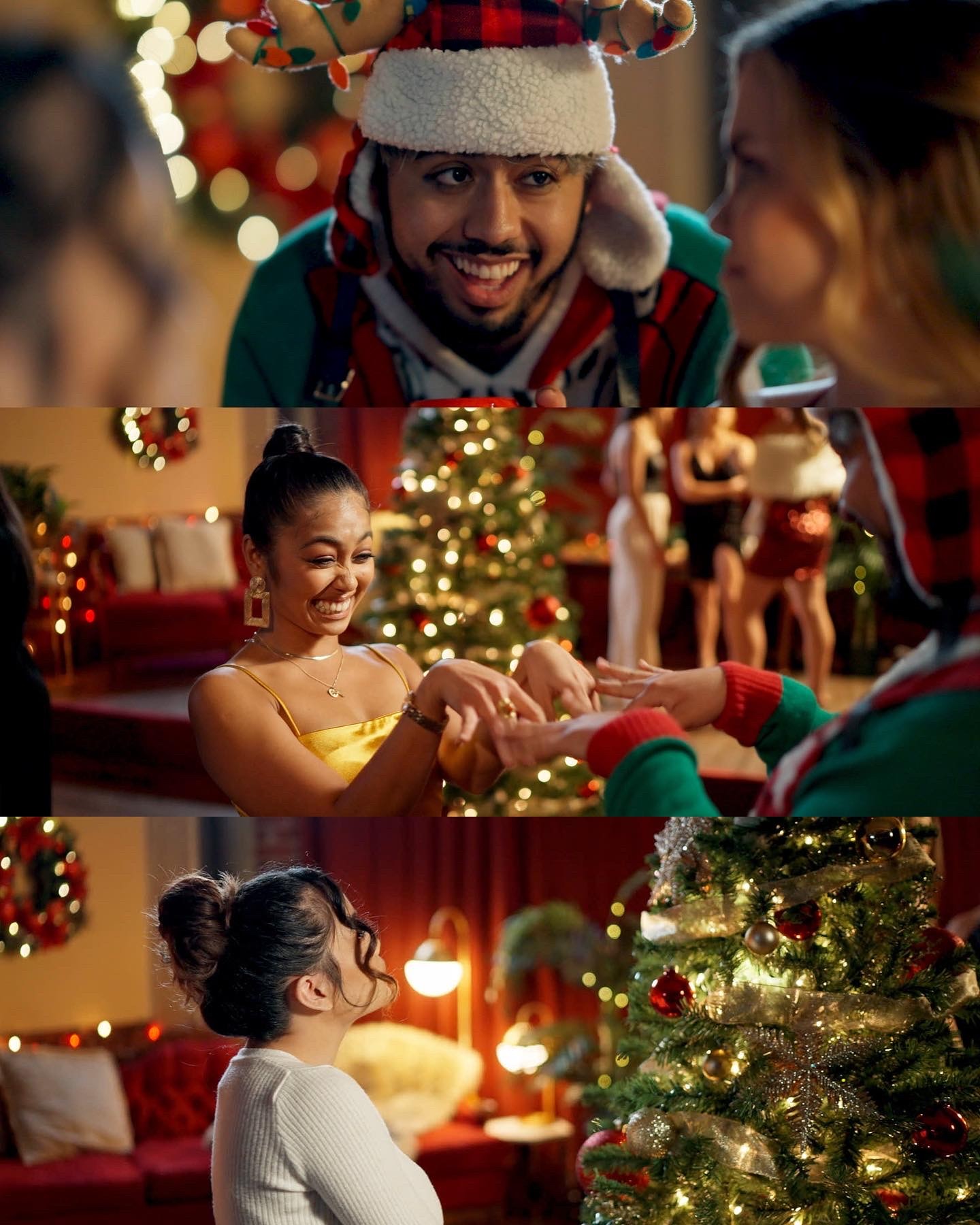
We often hear about learning lessons – but just as important is unlearning lessons. Have you ever had to unlearn a lesson?
I was taught that violating my health is the same thing as working hard. I believed it and lived by it so much that I was often unhealthy. There was a time when I’d be so proud of not sleeping because I’m working on a project. And not in an “I’m doing what I love” way, but in a “I’m better than people sleeping through the night” way. I was different then. I also used to feel like I had to do things that made me uncomfortable because it’s what I need to do to succeed. Over time, I unlearned these mindsets and realized that working hard does not mean destroying my body and that I am allowed to be myself and have boundaries as a creative.
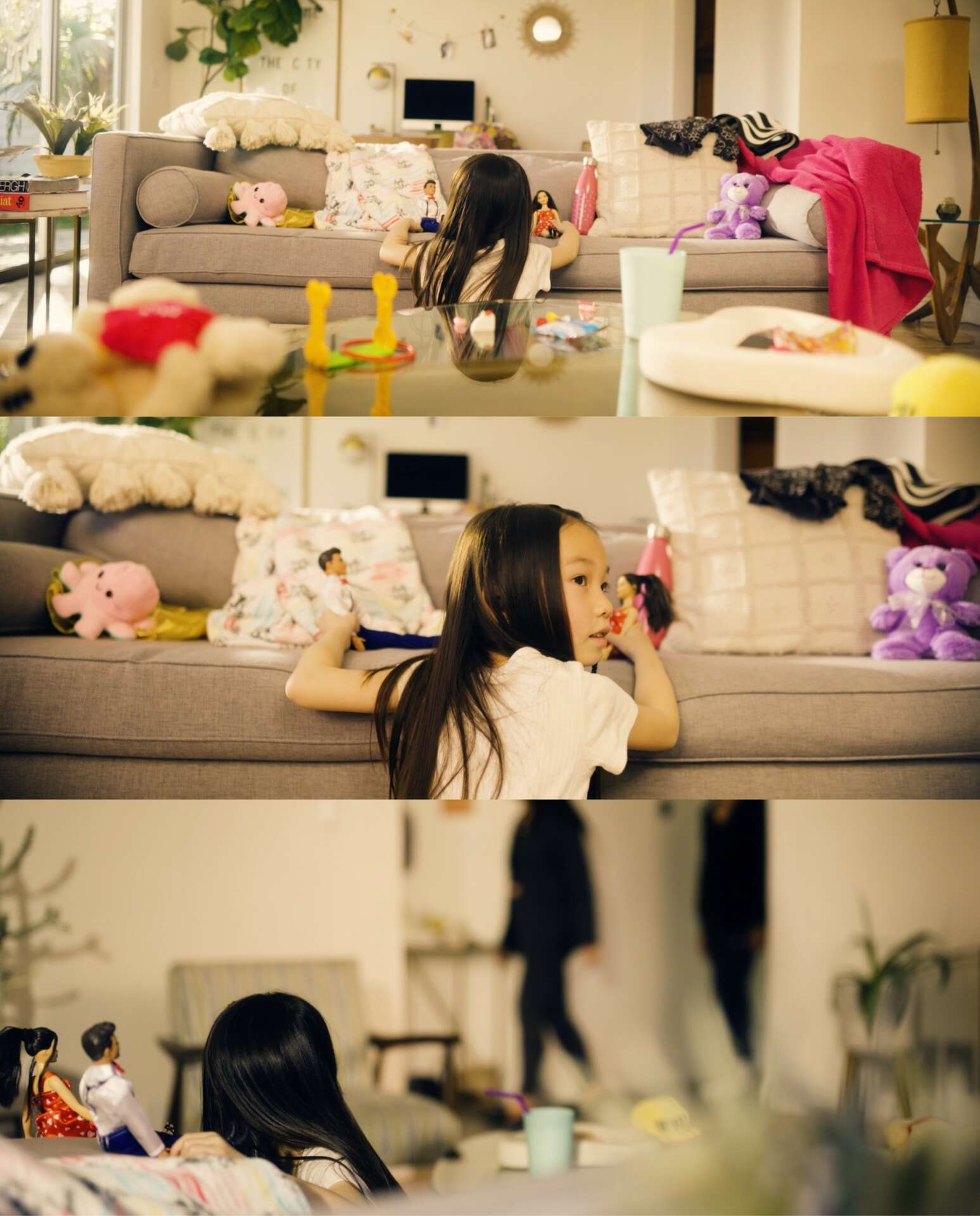
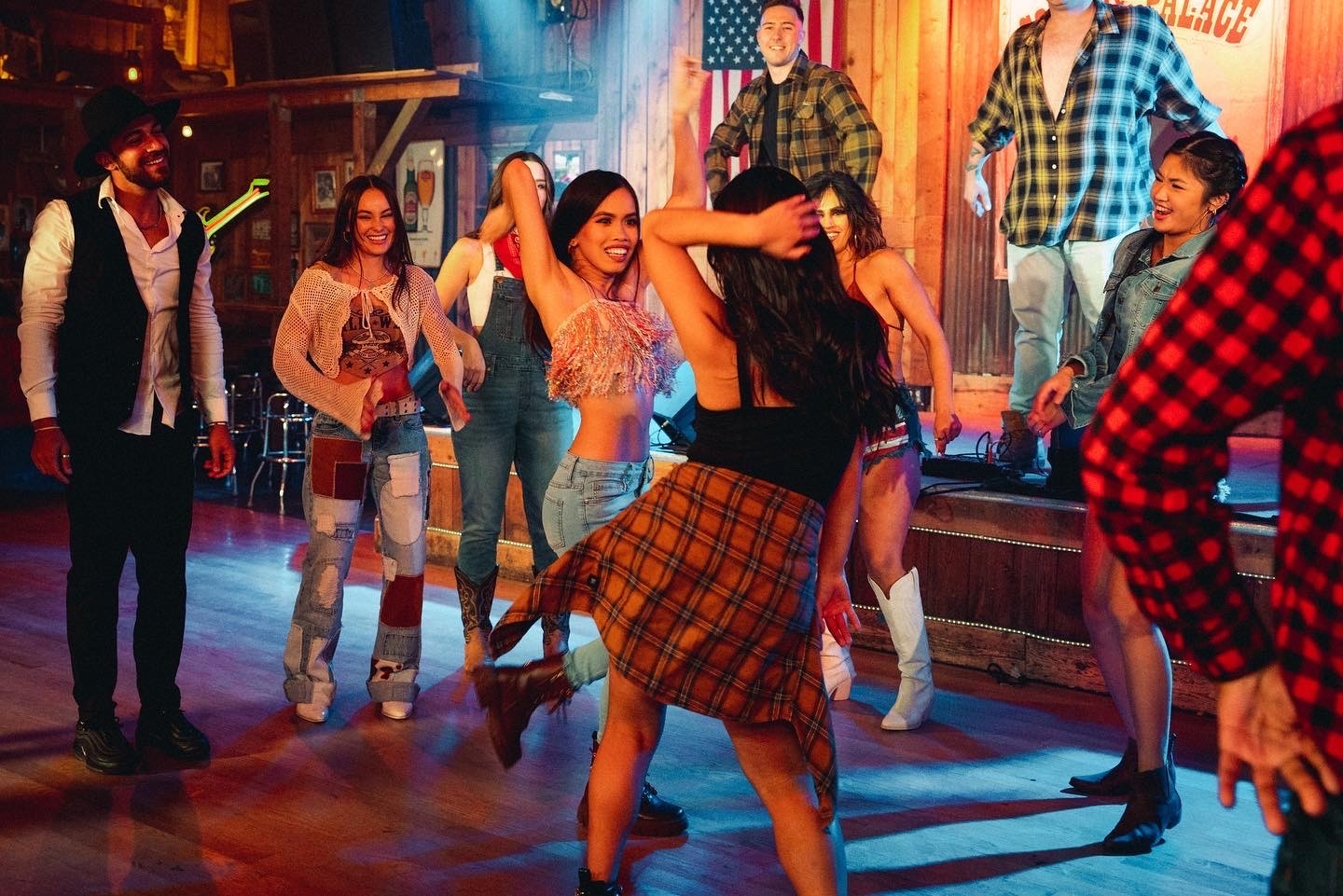
Do you think there is something that non-creatives might struggle to understand about your journey as a creative? Maybe you can shed some light?
In my experience, people who don’t have creative careers either don’t view it as an important job or don’t view it as a job at all. I believe that art, in all its forms, is essential to life. It improves quality of life, doesn’t it? The music you listen to in the shower was created by someone with a creative career. The TV show you watch to wind down after a long day at work was created by someone with a creative career. The movies that families and friends bond over, and the ones that are watched in isolation after a bad day, are also created by those with creative careers. It’s easy to overlook the importance of creative careers because it isn’t lifesaving in the way that doctors save lives, but it is lifesaving in the sense that it makes life better. It helps people connect with one another, and that is one of the many beauties of life.
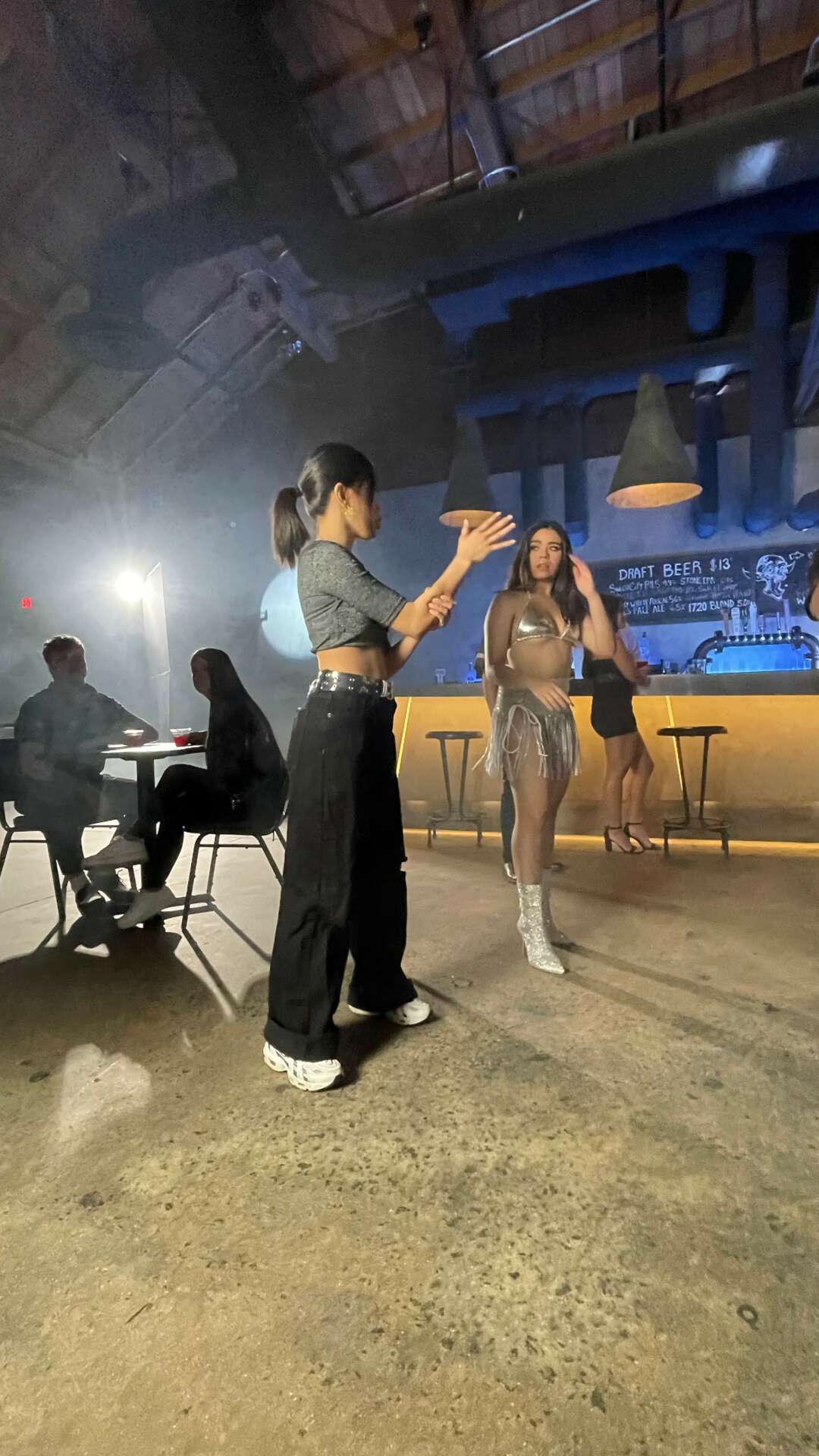
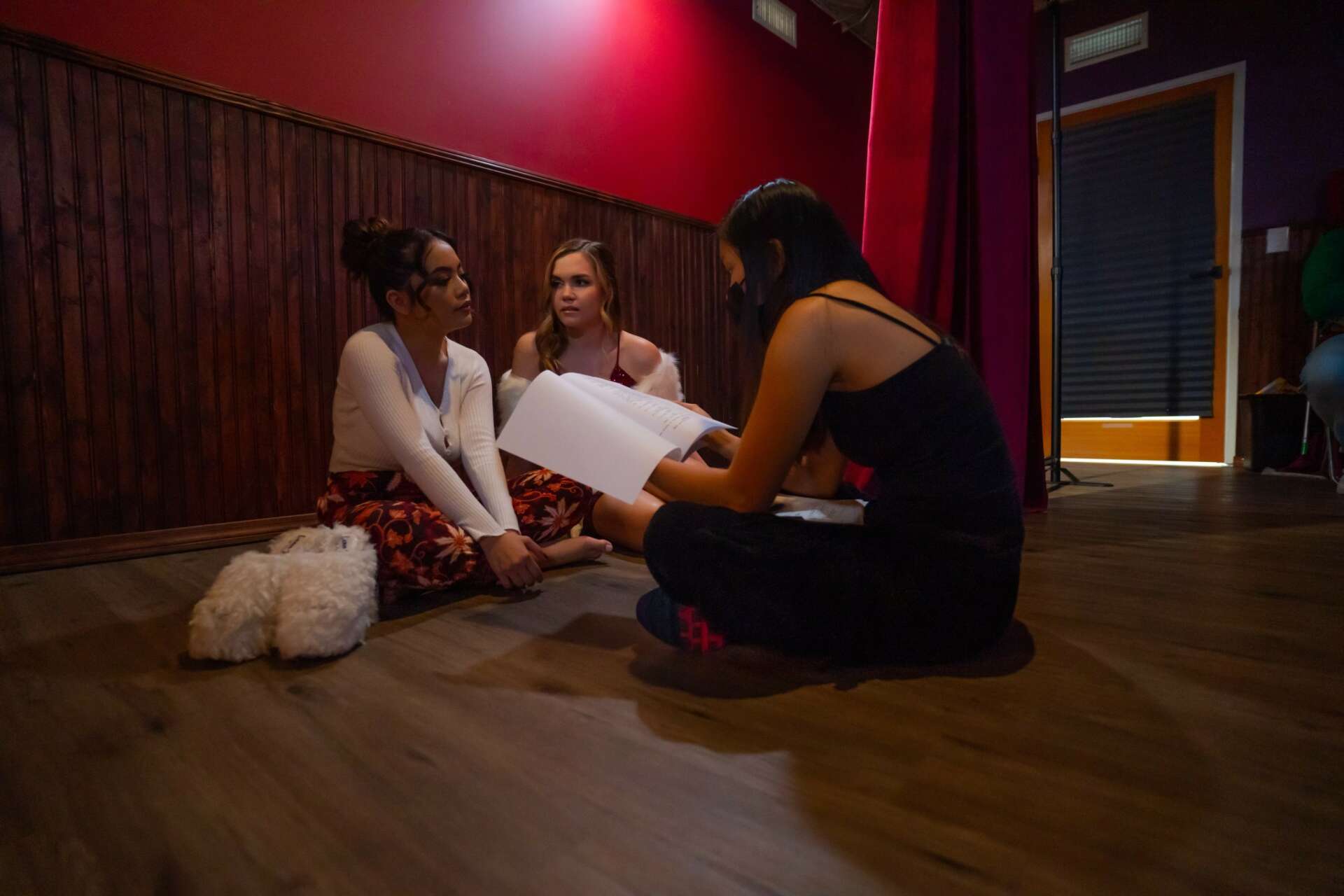
Contact Info:
- Website: cintiademita.com
- Instagram: https://www.instagram.com/cintiademita/
- Youtube: https://www.youtube.com/@cintiademita
- Imdb profile: https://www.imdb.com/name/nm10062038/?ref_=nv_sr_srsg_0_tt_2_nm_2_q_cintia%2520de%2520mita
Image Credits
Brandon Esparza, MaryAlyssa Rodrigues, Roman Zenz, Viola Wan, Dustin Bloodgood, Keisuke Ogawa


